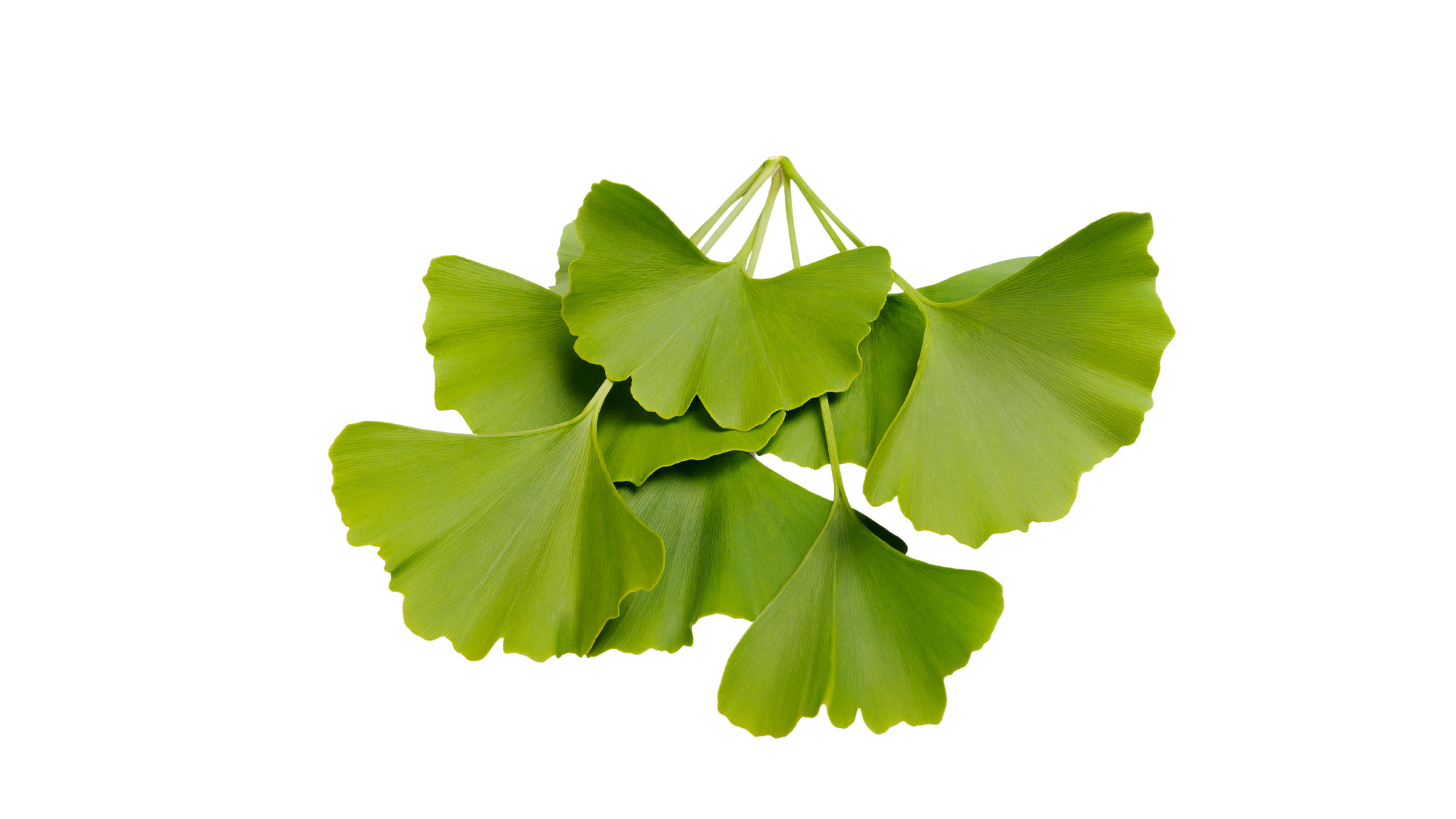
Herbs have been used for centuries to treat various ailments. Ginkgo biloba, St. John’s wort, Lion’s mane mushroom, and saffron are among the herbs that show promise in addressing depression.
Ginkgo is a tree native to Asia and is one of the oldest trees in the world, dating back about 270 million years. Ginkgo biloba, derived from the leaves of the ginkgo tree, has traditionally been used in various medicinal contexts. Recent studies highlight its potential benefits in alleviating symptoms of depression, particularly in older adults and individuals with cognitive impairments.
Ginkgo has powerful antioxidants and anti-inflammatory effects. It also increases blood and oxygen flow to the brain, keeping neurons and neurotransmitters well-nourished and functioning optimally. This herb has been found to reduce depression, anxiety, stress, and improve mental clarity and energy levels.
How Does It Work?
The therapeutic effects of Ginkgo biloba are attributed to its complex composition, including flavonoids and terpenoids. These compounds possess antioxidant and anti-inflammatory properties, enhancing cerebral blood flow, protecting neuronal cells from oxidative stress, and modulating neurotransmitter systems—all of which contribute to mood regulation and cognitive function.
Some bioactive phytochemicals in Ginkgo act as monoamine oxidase inhibitors (MAOIs), which prevent the breakdown of neurotransmitters like serotonin, dopamine, and norepinephrine. By inhibiting monoamine oxidase, Ginkgo helps restore serotonin levels in the brain, contributing to its antidepressant effects (1).
What Does the Research Say?
- A study involving 40 patients with depression who had not responded well to antidepressants showed significant improvement after taking 80 mg of Ginkgo biloba extract three times daily. After 8 weeks, depression symptoms were reduced by 68% in the Ginkgo group compared to less than 10% in the placebo group (2,3).
- A 2018 study of 136 older adults found that Ginkgo biloba extract improved depression symptoms and reduced levels of S100B, a marker of brain injury, when combined with an antidepressant (4).
- Ginkgo biloba has also been shown to reduce sexual dysfunction caused by antidepressant medications like Prozac, Wellbutrin, and Effexor in both men and women (5).
Recommended Dosage
Dosages of 120 to 480 mg per day have been used. Ginkgo biloba is available as a supplement in capsule or tablet form. It is best to start with a lower dose and increase gradually if needed (6). Ginkgo biloba may be most effective for individuals over the age of 50.
Side Effects
Ginkgo leaf supplements are generally safe but may cause headaches, dizziness, heart palpitations, nausea, gas, and diarrhea in some individuals. Allergic reactions, including rashes, are also possible.
Warnings
- Ginkgo biloba should not be taken with antidepressants such as MAOIs and SSRIs, as this may increase the risk of serotonin syndrome, a serious condition.
- Avoid Ginkgo if you have medical conditions like diabetes, epilepsy, bleeding disorders, or if you are planning surgery.
- Ginkgo may interact with blood thinners, aspirin, NSAID painkillers, antiplatelet drugs, anticonvulsants, diabetes medications, and supplements like garlic, St. John’s wort, and yohimbe (7).
Summary
Ginkgo biloba shows promise as an adjunctive treatment for depression, particularly in older adults and those with cognitive impairments. It may also alleviate sexual dysfunction associated with antidepressants.
If you are exploring alternatives to antidepressant medication, Koru Nutrition offers the Reclaim Your Happiness online program. This evidence-based program provides practical strategies to help prevent, address, and manage depression through nutrition and lifestyle changes. The program includes guidance on herbs, vitamins, amino acids, specific foods, recipes, and more to support mental well-being.
References





